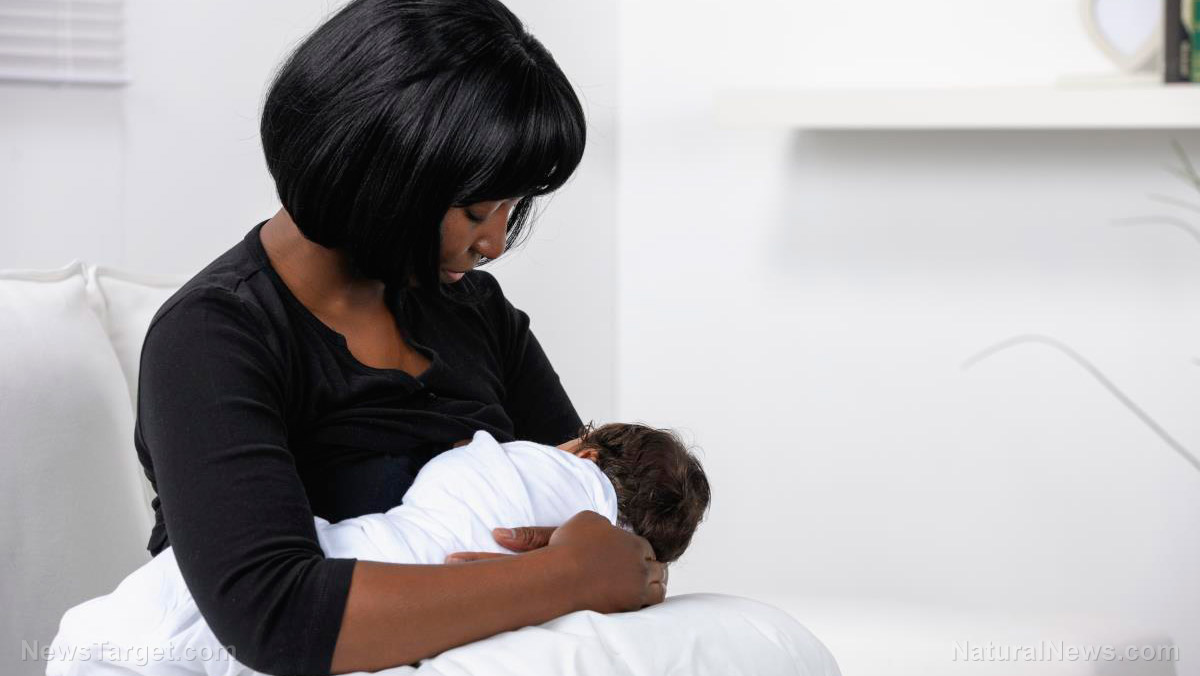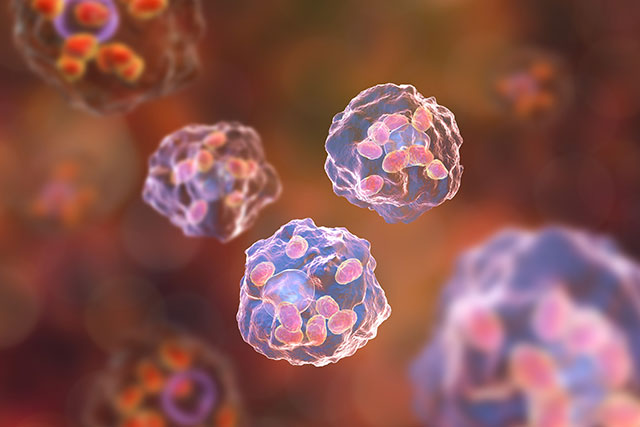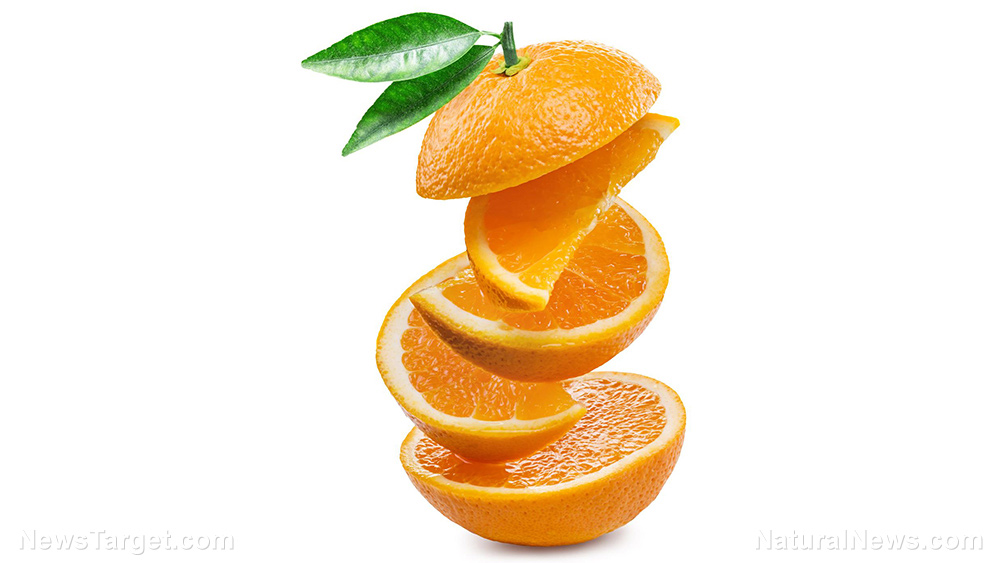Studies: Rocking motions can improve your memory and help you sleep better at night
05/12/2019 / By Edsel Cook

There is now scientific proof that the age-old technique of rocking yourself or someone else to sleep worked as advertised. Two separate studies proved that rocking motions not only made it easier for both young adult humans and animals to fall asleep, but also helped strengthen memories during slumber.
“Having a good night’s sleep means falling asleep rapidly and then staying asleep during the whole night,” explained University of Geneva researcher Laurence Bayer. “Our volunteers — even if they were all good sleepers — fell asleep more rapidly when rocked and had longer periods of deeper sleep associated with fewer arousals during the night.”
Bayer previously ran an experiment where participants were continuously rocked back and forth during short naps. She found that rocking motions helped the participants fall asleep quickly and improved the quality of their sleep. (Related: Confirmed: Yet another study proves lack of exercise and poor sleep makes you FAT.)
Rocking improves both sleep and memory
In her new study, Bayer and Sophie Schwartz investigated the effects of rocking motion on sleep and sleep-related brain waves during the entire night. They got healthy young adults to volunteer for sleep monitoring.
The first night acclimatized the volunteers to sleeping in Bayer’s lab. Afterward, they spent two more nights. During one of those sleepovers, the participants slept on a normal bed. On the other night, they used a moving bed with gentle rocking motions.
Bayer and Schwartz reported that the volunteers fell asleep quicker on the rocking bed. They also stayed in non-rapid eye movement sleep for longer periods, enjoyed deeper sleep, and roused less often.
Mother Nature's micronutrient secret: Organic Broccoli Sprout Capsules now available, delivering 280mg of high-density nutrition, including the extraordinary "sulforaphane" and "glucosinolate" nutrients found only in cruciferous healing foods. Every lot laboratory tested. See availability here.
Next, the researchers evaluated the effect of improved sleep on memory consolidation. The volunteers received pairs of words for memorization. Their ability to remember the correct pairs in the evening and after waking up the next morning were tested and compared. The results showed that the participants who were rocked to sleep performed much better during the morning test.
Other tests indicated that the rocking motion changed the brainwaves during sleep. Rocking could entrain certain brain oscillations associated with non-rapid eye movement sleep. Steady rocking motions coordinated neural activity in the regions of the brain that regulate both sleep and memory consolidation.
Mice tests show that rocking motions affect the sense of balance and orientation
At around the same time, University of Lausanne (UNIL) researcher Paul Franken sought to determine if rocking affected mice in similar ways as humans. His team set up the cages of the mice so that they rocked while the animals slept.
Mice needed rocking motions that were four times faster than the best one for humans. They also did not appear to sleep more deeply. But rocking definitely helped the animals fall asleep faster and extended the amount of time they spent asleep.
Franken theorized that rocking motions achieved its effects on sleeping by rhythmically stimulating the vestibular system, which is associated with a sense of balance and spatial orientation. He put this theory to the test by getting mice with malfunctioning vestibular systems and subjecting them to rocking as well.
He reported that the mice with disabled vestibular systems did not experience the same benefits to their sleep that healthy mice got from rocking motions. His findings indicated that there was a connection between rocking and the vestibular system in mice.
The Geneva and UNIL researchers believed that their findings on the neurophysiological means by which rocking motions altered sleep could help develop new therapies for patients suffering from insomnia and mood disorders. Rocking could also serve as a way to improve the poor sleep quality and weakening memory of older people.
Sources include:
Tagged Under: brain function, memory, mind-body medicine, neurology, research, rocking, sleep, sleep aid, sleep habits, sleep quality
RECENT NEWS & ARTICLES
Natural.News is a fact-based public education website published by Natural News Features, LLC.
All content copyright © 2018 by Natural News Features, LLC.
Contact Us with Tips or Corrections
All trademarks, registered trademarks and servicemarks mentioned on this site are the property of their respective owners.




















